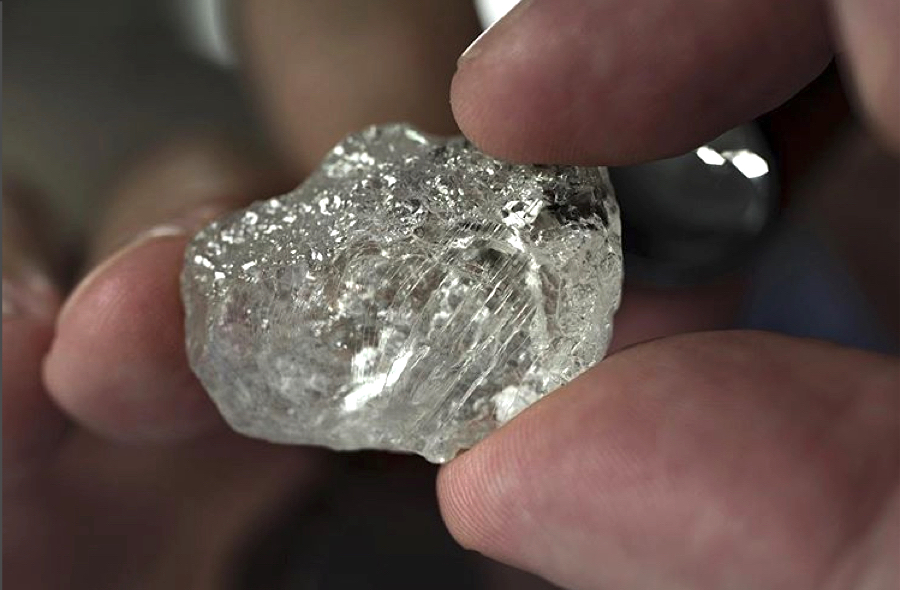De Beers extends Botswana sales deal as it negotiates new contract

De Beers Group said on Friday it has extended by six months a 10-year agreement with Botswana for the sale of rough diamonds from their jointly owned venture, giving both parties more time to negotiate a new contract.
The 2011 rough diamond sales agreement in which the venture, Debswana, sells 75% of its output to Anglo American PLC subsidiary De Beers was set to expire in 2020, but was extended for a year in December 2020 due to the pandemic.
The agreement will now run until the end of June while contract negotiations continue.
A deal is necessary for Botswana as the Southern African country gets about 30% of its revenues and 70% of its foreign exchange earnings from diamonds, which make up a fifth of its GDP. For De Beers, which is 15% owned by the government of Botswana, a contract renewal would provide another long period of revenue certainty.
Both parties have declined to divulge the specific terms being negotiated but analysts have said the government is likely to want to increase its share of diamonds produced by Debswana from the 15% agreed in 2011, or to get a larger share of bigger stones. Last year, the government’s share was raised to 25%.
Debswana sells the balance of its output to state-owned Okavango Diamond Company (ODC), an independent channel created by the government to sell diamonds.
Botswana has a long term plan of transforming itself from just being a producer of rough diamonds to taking a more active role in the broader industry, participating in activities such as trading, cutting and polishing and other support services such as tourism and hospitality, transport, diamond banking, gemmological functions and laboratories.
President Mokgweetsi Masisi has said he wants more people employed in the industry as the country battles with relatively high unemployment, especially among youths.
(By Brian Benza and Sinchita Mitra; Editing by Elaine Hardcastle)
More News
Contract worker dies at Rio Tinto mine in Guinea
Last August, a contract worker died in an incident at the same mine.
February 15, 2026 | 09:20 am
{{ commodity.name }}
{{ post.title }}
{{ post.date }}




Comments